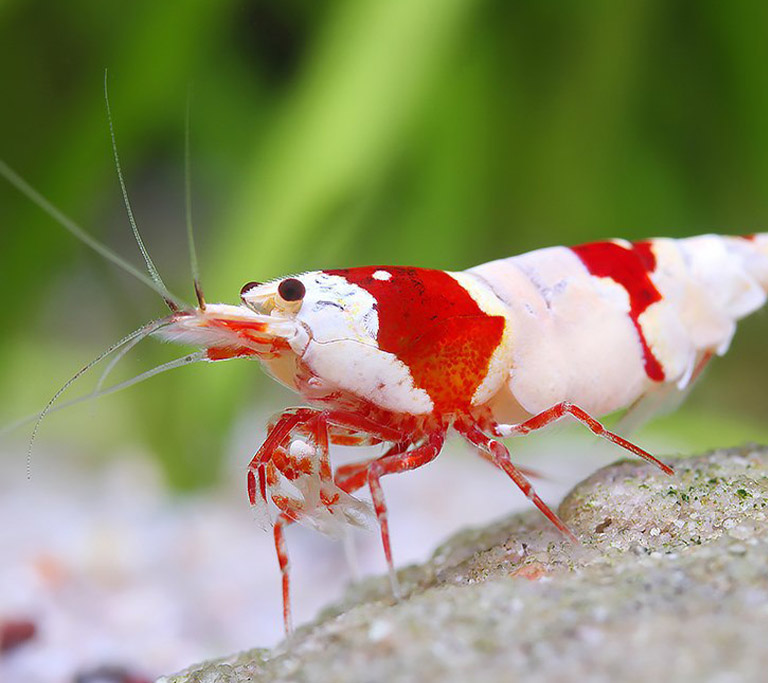


IFP
MCP (Monocalcium phosphate) is a commonly used phosphorus source in animal nutrition, including in the diets of fish, shrimp, and crabs. It offers several benefits when included in the feeding of these aquatic species. Here’s an overview of the benefits of using MCP in fish, shrimp, and crab diets:
- Phosphorus supplementation: MCP serves as a concentrated source of supplemental phosphorus in aquatic diets. Phosphorus is essential for various physiological processes, including bone development, energy metabolism, and cellular function. Including MCP in fish, shrimp, and crab diets ensures that these aquatic species receive adequate levels of phosphorus, supporting their overall health and performance.
- Skeletal development and mineralization: Phosphorus is a key component of bone mineralization and skeletal development in fish, shrimp, and crabs. Adequate levels of phosphorus, provided through MCP supplementation, support proper bone formation, skeletal structure, and overall growth.
- Energy metabolism and nutrient utilization: Phosphorus is involved in energy metabolism and plays a role in various enzymatic reactions related to nutrient utilization. It helps convert food into energy and supports the utilization of other essential nutrients, such as proteins and carbohydrates. Proper phosphorus levels, achieved through MCP supplementation, contribute to efficient energy metabolism and nutrient utilization in fish, shrimp, and crabs.
- Reproductive performance: Phosphorus is vital for reproductive performance in aquatic species. It is involved in developing and maintaining reproductive tissues, including synthesizing DNA and RNA. Adequate phosphorus levels, provided through MCP supplementation, support optimal reproductive function, fertility, and egg production in fish, shrimp, and crabs.
- Water quality and environmental sustainability: Proper phosphorus utilization is essential for maintaining good water quality in aquaculture systems. By utilizing phosphorus efficiently, fish, shrimp, and crabs excrete less phosphorus into the environment, reducing water pollution risk and minimizing aquaculture operations’ environmental impact. MCP supplementation helps support phosphorus utilization, contributing to improved water quality and environmental sustainability.
It’s important to note that the inclusion level of MCP in fish, shrimp, and crab diets should be based on factors such as the species, life stage, specific phosphorus requirements, and the overall diet formulation. Careful consideration should be given to achieving the optimal balance of phosphorus and other essential nutrients to support the nutritional needs of the aquatic species. MCP in the diets of fish, shrimp, and crabs supports phosphorus supplementation, skeletal development, energy metabolism, nutrient utilization, reproductive performance, water quality, and environmental sustainability. MCP is a valuable phosphorus source that contributes to these aquatic species’ overall health, growth, and performance.





